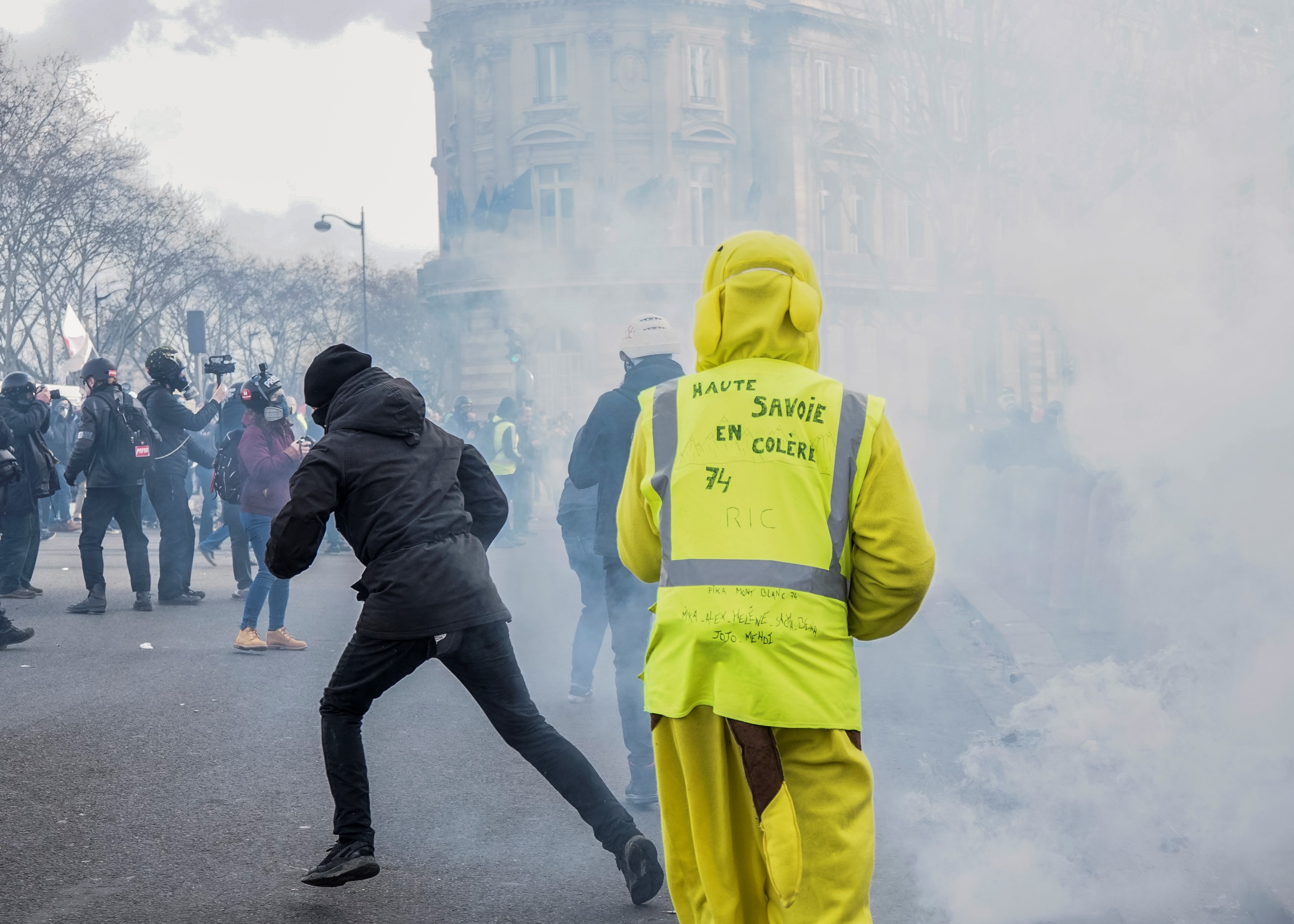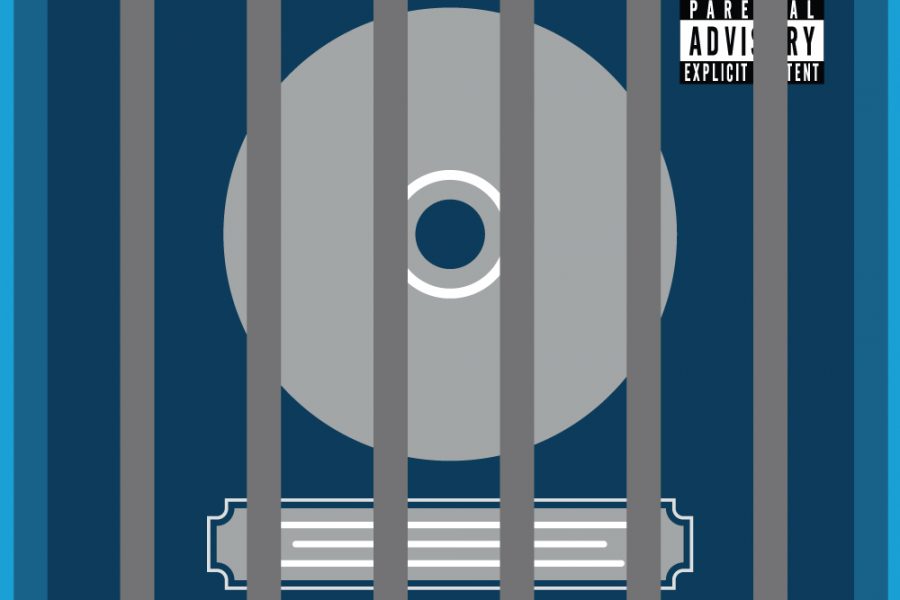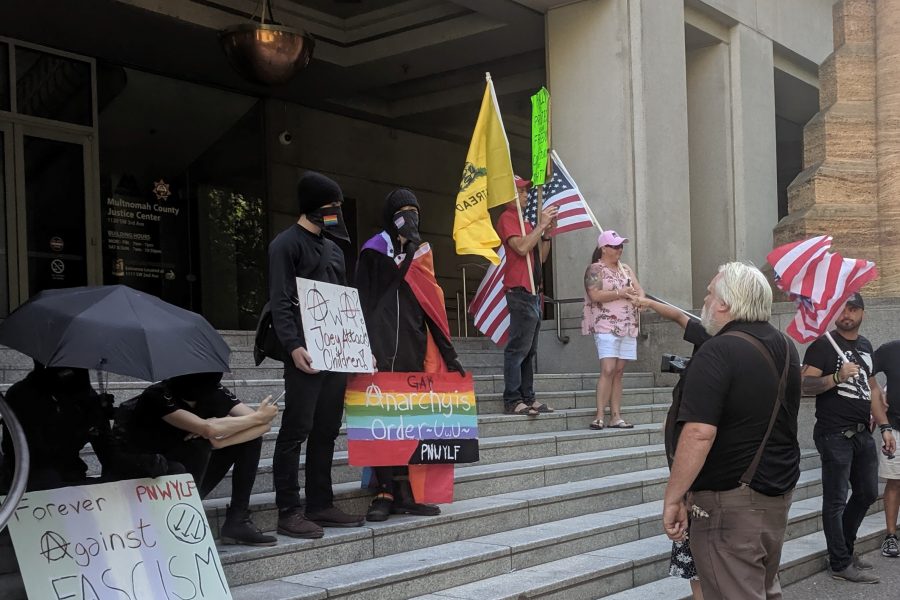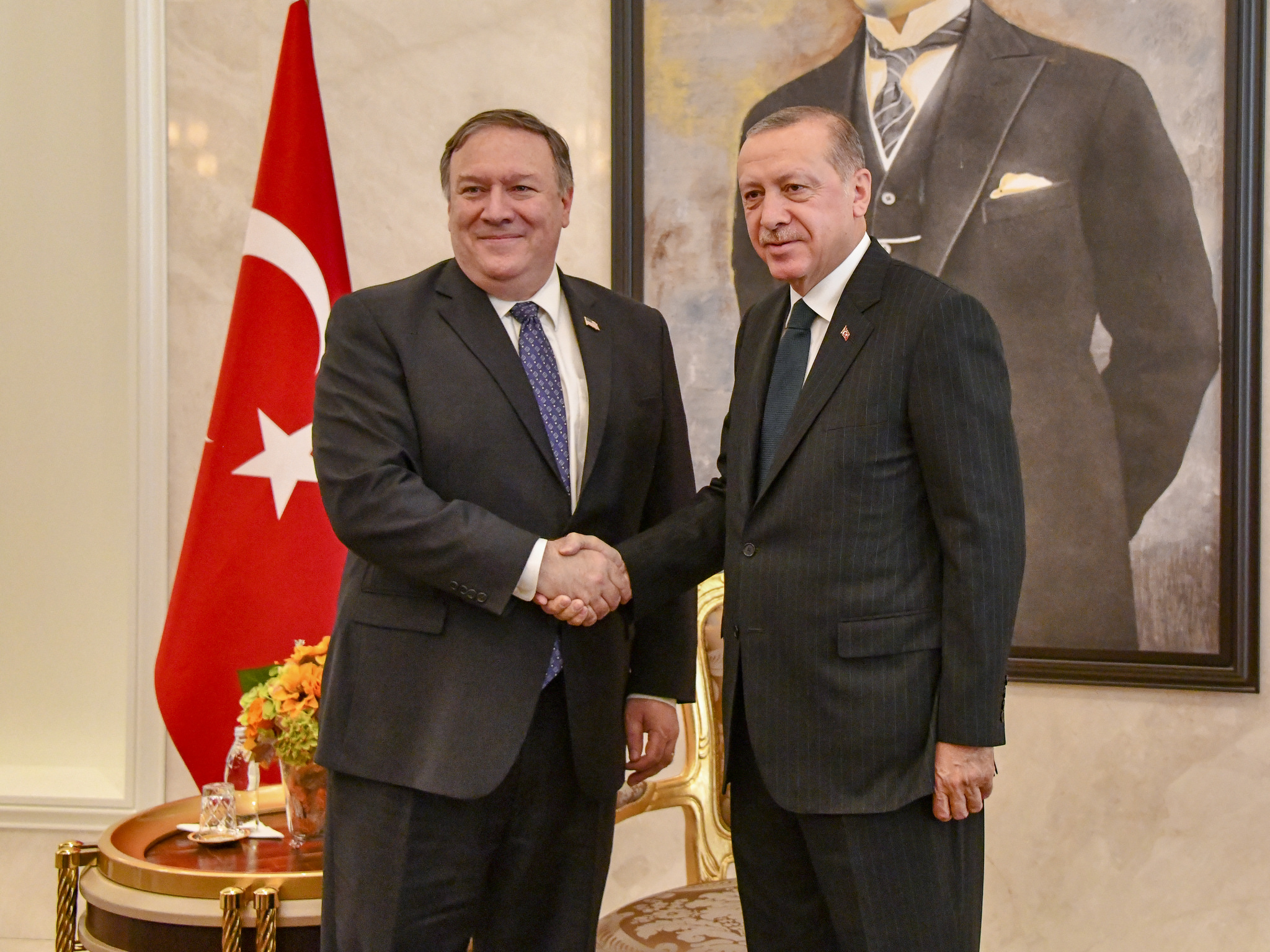The 45th annual Group of Seven (G7) summit in Biarritz, France was met with thousands of protesters representing over 50 organizations throughout the country.
The G7 summit was first held in 1975 and today is made up of the world’s seven largest “advanced economies.” Canada, France, Germany, Italy, Japan, the United Kingdom and the United States are the current seven member countries of the summit.
In recent years, the G7 has been criticized as “an artifact of a bygone era.” “[The G7] establishes a hierarchy between countries, distinguishes those who are powerful, ideologically aligned and rejects those who are not,” stated one group at the protests during the 2019 summit, G7EZ. “By supporting free trade, deregulation and fiscal austerity, the G7 countries have contributed to a reality where social inequalities are growing steadily,” the group’s platform goes on to state.
“We represent the 99%, in opposition to the richest 1%,” explained Sébastien Bailleul, a protest organizer in Hendaye, via French news outlet Capital. For many demonstrators, the fact G7 was held at a luxurious seaside resort underscores the disconnect between the political elite and the masses.
The Guardian reported over the course of the three-day summit, more than 13,000 police and security officers were deployed to quell unrest. Among the protest groups were feminist collectives, ecological and agricultural experts, environmentalists, union organizers, antiglobalization and anticapitalist brigades as well as climate change activists.
“For us, two worlds will clash this week,” Aurélie Trouvé, spokeswoman for the G7 Alternatives, told Capital. “In Biarritz, seven heads of state, in their ivory tower guarded by an appalling police and military apparatus, cut off from the population. And in Hendaye, an open opposition to the G7, pluralistic and resistant, with a great diversity of groups sharing common values and hopes.”
Biarritz was placed on lockdown beginning on Aug. 23, and authorities banned demonstrations, according to The Guardian. The coastal city removed all tourists and ordered surfers to move to a different area. When the city was placed on lockdown, thousands of protesters gathered in the smaller cities of Hendaye and Irun, some twenty miles southwest of Biarritz. French authorities were on high alert for Yellow Vest protesters.
French President Emmanuel Macron is considered a global leader on climate policy, referring to climate change as a “red line” issue at the G20 summit in June and repeatedly affirming France’s commitment to the objectives outlined in the 2015 Paris Accords.
Despite the president’s hardline stance on climate change, many say Macron’s actions do not match his rhetoric. In Bayonne, protesters marched through the streets carrying hundreds of official framed portraits of Macron upside down. Over the past few months, the portraits have been stolen from town halls and official buildings across France.
“Our aim was to demonstrate that pictures of our President Emmanuel Macron are far from the reality in terms of climate change here in France,” said Anne-Sophie Trujillo, one of the protest’s organizers, to PRI. “We do have…correct targets for 2050, but since the Paris agreement was signed four years ago, all our indicators are in the red.”
The tension between image and action characterizes much of the criticism currently facing Macron. In a statement posted on its website, G7EZ wrote Macron is using the summit like a “giant display case” for his political vision, while failing to enact legislation addressing climate crisis.






